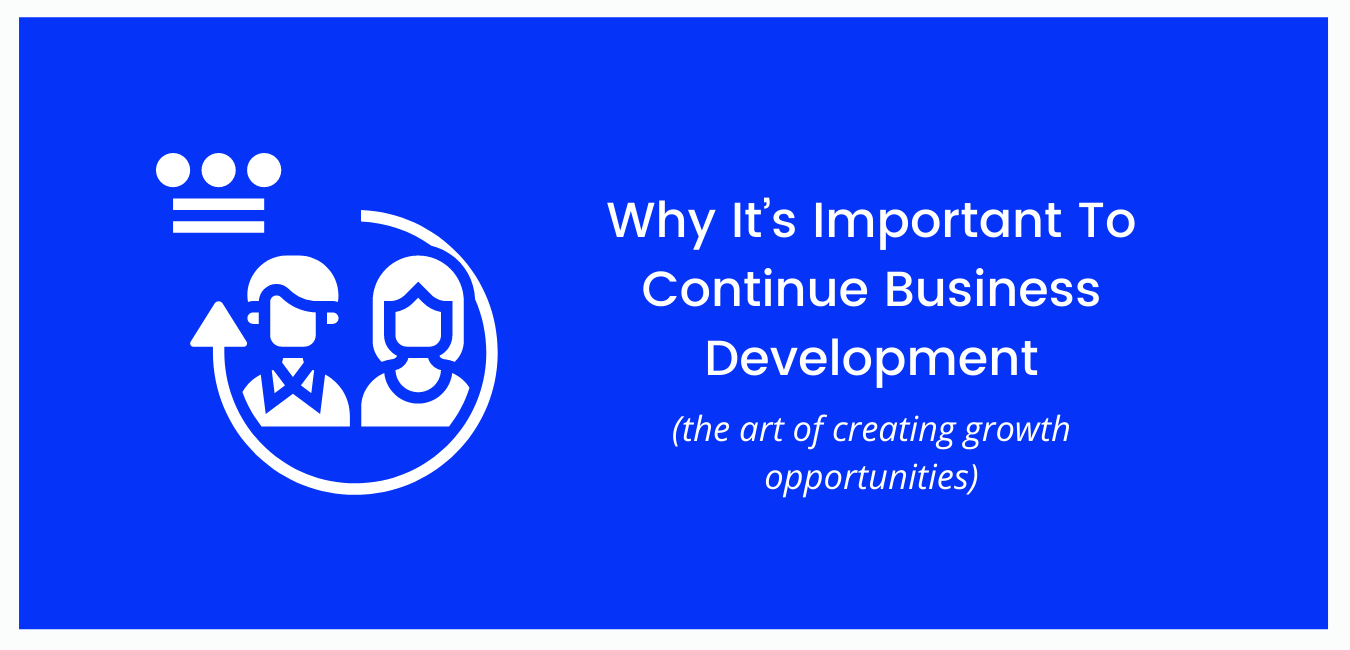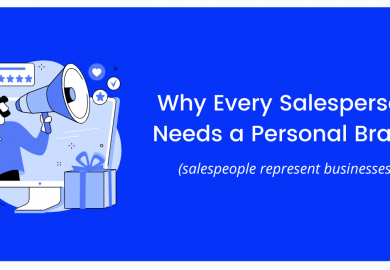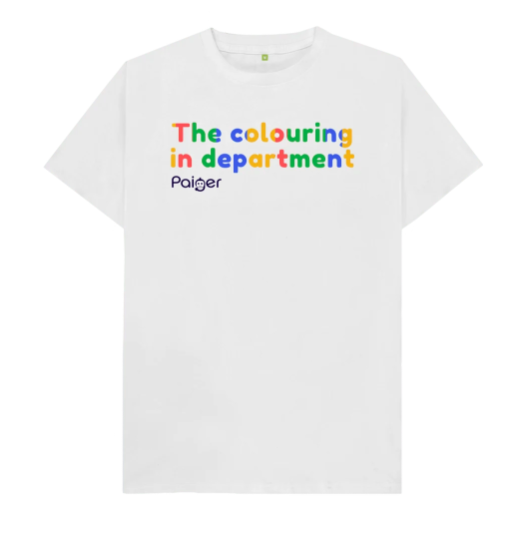Why It’s Important To Continue Business Development

Business Development (BD), or the fine art of creating growth opportunities, is at the heart of all businesses and the driving force in an organisation’s initial start up phase. But why should you continue it after you’ve started your business and it’s running effectively? We take a look at the role of this essential function, and why it’s important not to stop doing it.
What is Business Development?
There are various definitions of business development but essentially it means undertaking activities or creating ideas to make your business even better than it already is. It means looking to the future and planning to grow in an organised and strategic way. It means striving for continual improvement. Never take your eye off the business ball.
But why should you do it if your business is already thriving?
In the same way that businesses train their staff for the future, anticipating their needs proactively rather than reactively, you should look ahead with your business development. Despite being busy dealing with all the work you have on now, you also need to plan for next week, next month, next year. Because if you don’t focus your attention on what’s around the corner, you could arrive there and find that there’s nothing. No clients, no work, no revenue. And that’s something that every business owner should rightly dread.
Planning your Business Development
Think of BD like an umbrella over your organisation. Not only encompasses your sales and marketing functions but also acts as a ‘big ideas’ resource which your dedicated member of BD can draw from.
Planning your BD effectively for the future is as important as your initial business plan. Here’s why:
- It builds relationships – whether you’re connecting with potential clients, networking with prospective talent or sounding out future business partners, your BD is integral to growing your business. Relationships create opportunity and opportunity creates growth.
- It lowers costs – good BD will identify those areas in your business in which you can reduce costs without affecting performance.
- It generates revenue – BD can identify strategies which can optimise which of your products has the potential to generate the most profit, but can also highlight areas of future interest in which you might need to invest.
- It improves your image – BD can help you reach new markets as well as improving your current image in the market
What does a good Business Developer do?
According to The World Economic Forum’s Future of Jobs Report (2020) Business Development Professionals are now very much in demand. Their job ranks sixth in the Top 20 of ‘increasing demand’ highlighting its significance to organisations of all sizes. Clearly, having someone responsible for BD is growing in importance.
Whether you do all your business development yourself or you have a dedicated member of staff responsible for your BD, a successful business developer will have a certain skill set which will include, but not be limited to:
- Project management – setting strategies, planning and budgeting.
- Research – keeping an eye on and researching industry trends, the potential for new products’ place in the market, and developing an action plan to expand that market.
- Analysis – the ability to spot trends and patterns within a variety of information such as datasets, industry articles, and reports and working out a strategy based on this information.
- Critical thinking – the ability to make decisions based on logic and create solutions.
- Creative thinking – coming up with innovative ideas to grow the business, launch products or solve problems.
- Negotiation skills – diplomacy and negotiation go hand in hand to create smooth and profitable relationships with suppliers, partners or clients.
- Communication – being able to communicate with all members of staff, sweet-talk clients, or prepare simple documents which express complex ideas.
- Planning – recording progress and successes, planning for specific future projects as well as adjusting your BD plan as you go along to ensure its relevance Ultimately, BD is not a stand-alone activity. It has many crossovers and overlaps with other departments and its success depends on collaboration, teamwork and cooperation between all functions of an organisation. BD is about strategic planning and future-proofing your company, creating opportunities which will enable it to grow and thrive, even if you’re doing alright at the moment.
Recent Posts
Categories
Check this out
2023 updates and tips to get the maximum reach of your posts
Passive Aggressive Marketing T-Shirts, All For Charity
Learn how a startup is tackling marketing
Featured Posts
Resilience and risk-taking in recruitment: a conversation with Will Pearce
Paiger acquires The Lonely Marketers
The power of the personal brand in recruitment
Archives
- September 2023
- June 2023
- May 2023
- April 2023
- March 2023
- February 2023
- January 2023
- December 2022
- November 2022
- October 2022
- September 2022
- August 2022
- July 2022
- June 2022
- May 2022
- April 2022
- March 2022
- February 2022
- January 2022
- December 2021
- November 2021
- October 2021
- September 2021
- August 2021
- July 2021
- June 2021
- May 2021
- April 2021
- March 2021
- February 2021
- January 2021
- December 2020
- November 2020









